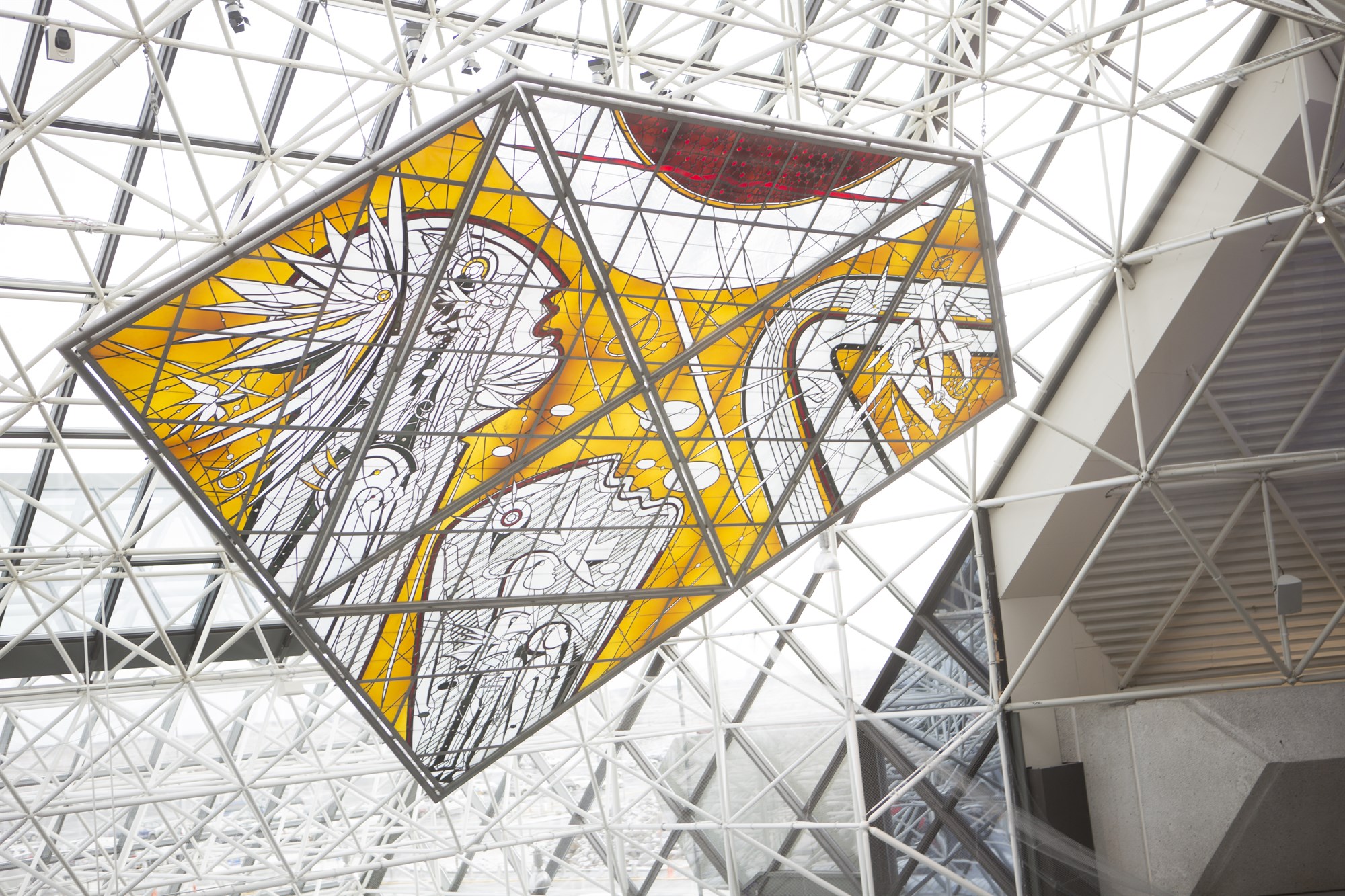Isavia’s CSR Report is drafted in accordance with GRI Global Reporting Initiative Standards: Core together with special provisions GRI-G4 on airports. These special provisions deal specifically with the challenges and opportunities faced by airports when it comes to sustainability. Consideration is given to the company’s operations and to their impact on the economy, the environment and the community.
Isavia focuses on extensive collaboration with those stakeholders who rely on the services of the company and who are affected by its operations. Operations have an impact throughout the country and on all its inhabitants. Isavia has analysed over a hundred stakeholders – these can be classified as customers, employees, the community, the authorities and suppliers. Isavia's communication with stakeholders takes place, in a variety of ways, through traditional inquiries and presentations, in meetings, through market research conducted by the company or through numerous collaborative projects between Isavia and its stakeholders.
In the autumn of 2018, Isavia commissioned the Swedish consulting company Enact Sustainable Strategies to conduct interviews with the company's stakeholders. The aim was to examine among the company's main stakeholders which issues and challenges were most important to them in the company's social responsibility. This year´s report was based on previous materiality analyses together with the results of surveys among B2B customers, emphases from the forum of cooperation with the community in Suðurnes as well as summarizing the main issues that other Isavia stakeholders have approached the company with.
When deteremining material aspects, Isavia view´s aspects which stakeholders deem to be of particular importance for their co-operation with the company, their expectations of the company and their assessment of co-operation with Isavia. Additionally Isavia experts conduct analysis of the newest points of focus of the aviation sector in the field, developments in the legal framework, the main criteria in CSR reporting, comparisons with leading companies and issues that groups from the company’s stakeholder environment have pointed out,
Emphasis is placed on the aspects that are considered important for Isavia and the company's stakeholders in the preparation of the report in accordance with the principles of reporting, Reporting Principles GRI 101 Foundation standard.

